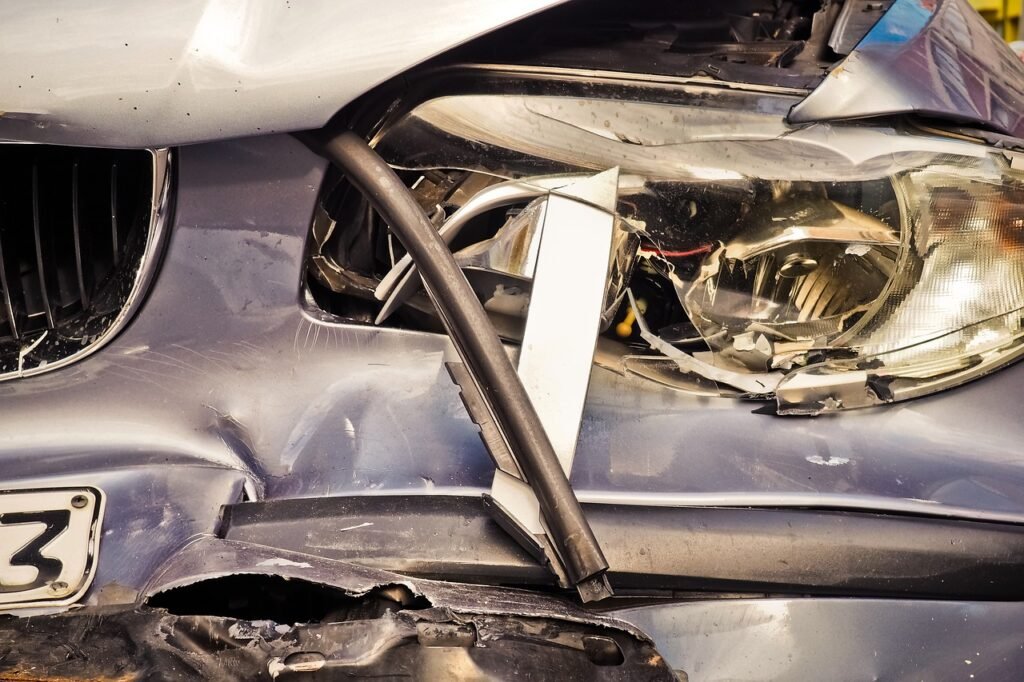
Car accidents are unfortunately a daily occurence. Preliminary stats from the NSC indicate motor vehicle deaths were 6% lower in November 2023 compared to the previous year, but 19,515 people still died between January and June 2023.
While road traffic crashes are not always fatal, there were 1,593,390 crashes that led to an injury in 2020. If you are part of these statistics, you will know how stressful the experience can be. On top of dealing with any injuries you may have sustained, you also have to navigate the confusing world of medical bills and insurance claims.
Here is a step-by-step guide on how to handle medical bills after a car accident.
Report Your Accident
The first thing you should do after seeking any necessary medical treatment is report your accident. Alert the police about what happened, as the police report will be a crucial piece of documentation if you need to prove fault later on. The next step is to contact a car accident attorney specializing in motor vehicle injuries. They can liaise with your insurance company during the claim process.
Review Your Insurance Coverage
Take a close look at what your health insurance and auto insurance plans cover. Make sure you understand your deductibles, copays, and maximum out-of-pocket costs. Auto insurance policies vary widely so find out what medical payments coverage is included. Policies should cover ambulance fees, hospital visits, appointments with doctors, physical therapy, medications, and more depending on your plan. Understanding exactly what you’re entitled to ahead of time will help immensely when the bills start rolling in.
Keep Track of All Bills
Open a file just for accident-related bills. As you receive statements from the hospital, doctors’ offices, labs, pharmacies and more, place them in this file. Also, track any receipts for medications, medical equipment, bandages, or other out-of-pocket expenses tied to the accident. Staying organized now makes it much simpler to tally things up later.
Compare Bills to Explanations of Benefits
As your insurance company processes claims, you will receive explanations of benefits (EOBs) in the mail showing what they paid for each medical service. Compare these statements against the actual bills and make sure the numbers match. Report any discrepancies to your insurance company or healthcare provider.
Appeal Denied Claims
Insurance companies often deny claims for certain treatments and medications. If something you believe should be covered gets denied, file an appeal with your insurer straight away. Provide documentation from your doctor explaining why the service was necessary for accident-related injuries. Be persistent if a claim gets denied again. Keep all documentation should you need to take legal action down the road.
Negotiate Discounts
If you are faced with high out-of-pocket medical bills even after insurance payments, try negotiating directly with hospitals and doctors’ offices for a discount. Many medical providers are willing to charge patients less if they pay cash upfront without involving insurance companies. You can often negotiate much lower rates on your own without too much hassle.
If another driver was clearly at fault for the accident, working with a personal injury lawyer is essential. They can help negotiate settlements with insurance companies or take legal action to recoup accident-related costs like medical bills. An experienced attorney understands the challenges accident victims
Managing healthcare expenses after an accident is difficult but not something you need to tackle all on your own.



